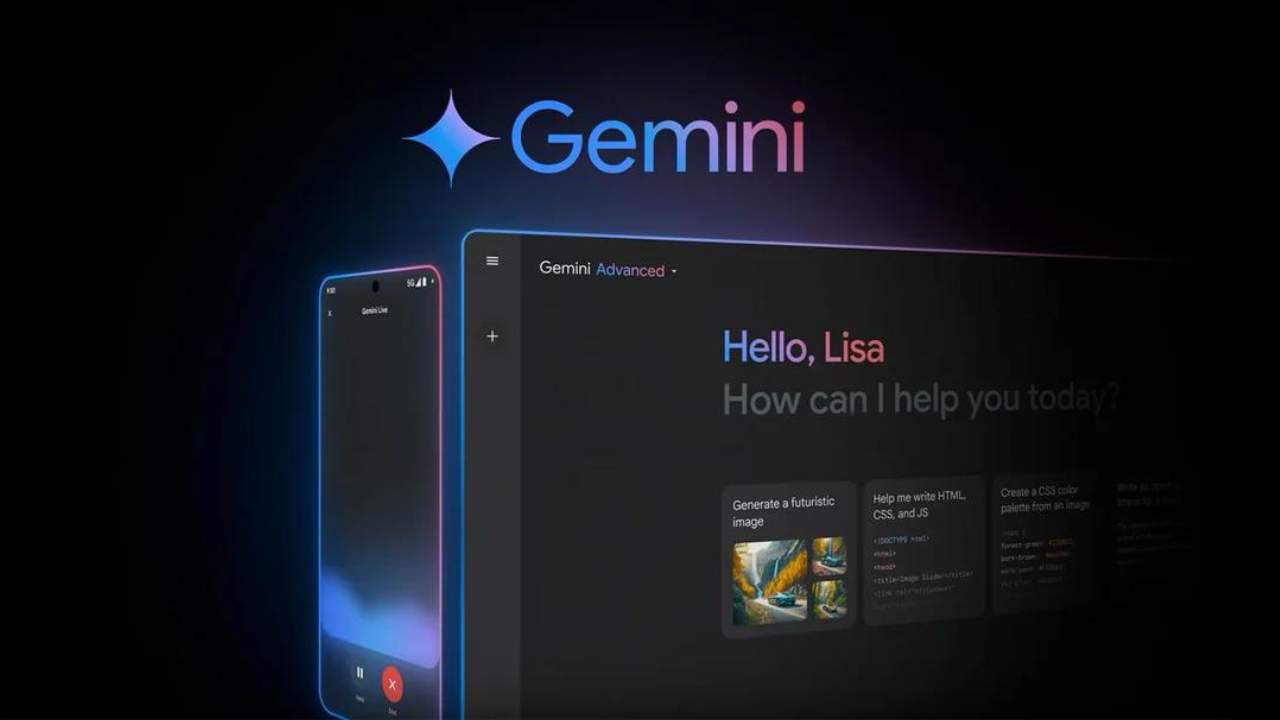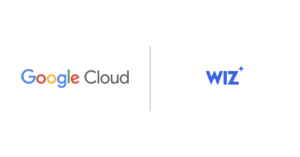Google Under Fire for Inadequate Safety Assessments of Gemini 2.5 Pro

Google’s Gemini 2.5 Pro Faces Safety Concerns
Google has recently debuted its most advanced artificial intelligence model, Gemini 2.5 Pro. However, the release has been met with skepticism due to a technical safety report that many experts feel lacks essential details. The report confirms that internal safety evaluations were carried out, but experts argue that it does not provide sufficient information to determine if Google is meeting its commitments to AI safety.
Overview of the Safety Report
Unlike many competitors in the AI field, Google typically issues technical reports only once a model is classified as non-experimental. Unfortunately, these reports do not disclose all safety considerations, particularly those related to what Google terms "dangerous capability" evaluations. The full results from these critical assessments are reserved for separate audits that are not disclosed simultaneously with the model launch.
Criticism From Experts
Experts within the AI community have expressed disappointment regarding the contents and timing of the Gemini 2.5 Pro report. Peter Wildeford, co-founder of the Institute for AI Policy and Strategy, described the report as “very sparse,” providing “minimal information.” He highlighted that the delay in releasing the report—weeks after the model was made public—hampers the ability to confirm whether Google is genuinely adhering to its safety pledges.
Another notable voice in the field, Thomas Woodside of the Secure AI Project, pointed out that Google has not published results from dangerous capability tests since June 2024, despite more recent releases like the Gemini 2.5 Flash. Google has stated that a report on Flash is forthcoming, leaving many skeptical about the company’s transparency.
Missing Information
Critics have also noted a significant omission in the recent report: the Frontier Safety Framework (FSF). Launched last year, this framework was developed to identify harmful AI capabilities before they begin to manifest. The absence of this information is troubling for many stakeholders who emphasize the importance of proactive safety measures.
Broader Context in the AI Industry
The transparency issues are not unique to Google. Meta’s safety report for Llama 4 has been criticized for its vagueness, while OpenAI has not published any safety report concerning its GPT-4.1 series. This trend indicates a potential lack of accountability among leading AI companies.
Kevin Bankston, an adviser at the Center for Democracy and Technology, raised concerns about a "race to the bottom" regarding AI safety. He warned that businesses may prioritize expedited launches over thorough and responsible safety disclosures. This trend could lead to unforeseen risks associated with AI technologies, which are evolving rapidly.
Emphasis on Ongoing Safety Measures
Despite the criticism, Google asserts that it conducts comprehensive safety testing and "adversarial red teaming" ahead of making its models available to the public. The company maintains that it is committed to ensuring the safety of its AI systems. However, many experts contend that a higher degree of transparency is urgently needed to cultivate trust and accountability in AI development. As the technology continues to evolve, ongoing dialogue and scrutiny from the community will be crucial in navigating the challenges associated with AI safety.






